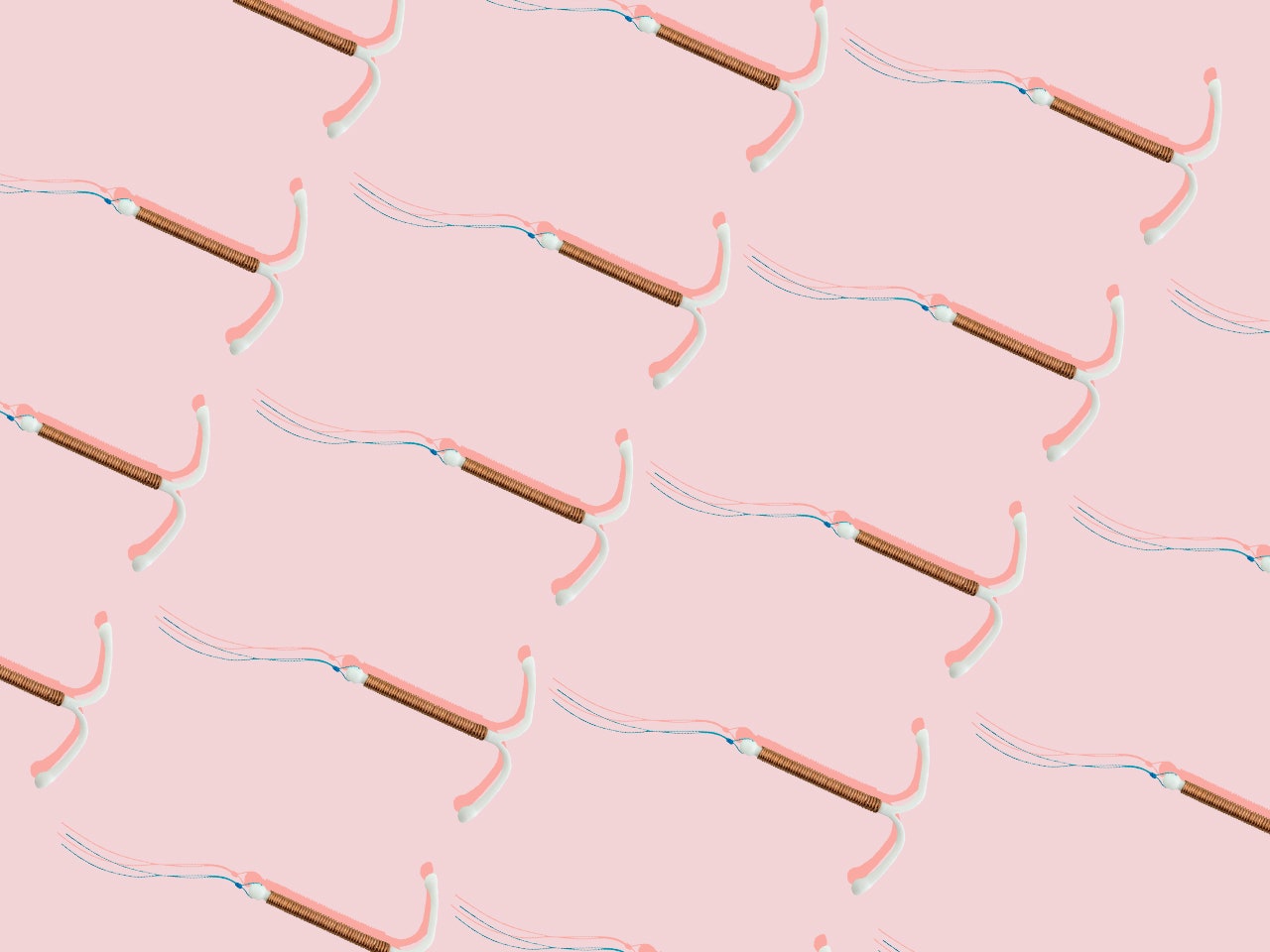Moebius syndrome is characterized by a weakness or paralysis (palsy) of some cranial nerves, and often affects the 6th nerve (abducens) and 7th nerve (facial). This syndrome is a rare neurological disorder and sometimes it also affects the other cranial nerves. It is a congenital disorder which means that it is present at birth. If the syndrome affects the 7th nerve which is the facial nerve, the individual with this syndrome will not be able to close the eyelids, raise the eyebrows, pucker the lips, frown or be unable to smile. Otherwise, if the syndrome affected the 6th nerve which is the abducens nerve, the individuals will not be able to do things such as cannot turn the eyes outward past the midline. Apart from that, some individuals may be affected with other abnormalities including defects of the limb and also underdevelopment of the pectoral muscles. To date, the exact cause for this syndrome was unknown and it was not a progressive syndrome. But the individuals affected by Moebius syndrome will need to make an appointment (temujanji) with the doctors and go to the hospitals for medical checkup. Although it appears to occur randomly in most cases; however, research done by some researchers before this suggest that there may be a genetic component for the transmission of this syndrome as some cases also occur in families.
Initially, the congenital abducens and facial palsy was first being founded and described by Von Graefe (1880). After that, it was explained further by Moebius (1888), a German neurologist after whom the syndrome was later named. There are also some synonyms for the Moebius syndrome as it is also called:
1. Mobius syndrome
2. Moebius sequence
3. Congenital facial diplegia syndrome
4. Congenital oculofacial paralysis
5. MBS
In fact, Moebius syndrome gives a great variety of abnormalities and severity from one person to another. Classically, the accepted criteria for diagnostic include:
1. Facial weakness or paralysis that affect both sides of the face or at least one side (7th cranial nerve).
2. Paralysis or weakness of lateral movement of the eyes (6th cranial nerve)
3. Vertical movements of the eyes will be preserved.
Less often, other cranial nerves may also be affected including the 5th, 8th, 9th, 10th, 11th and 12th cranial nerves in our nervous systems.
Many cases of Moebius syndrome are reported to occur randomly for unknown reasons as there is no history of family members that were affected by the disorder. It affects male and females equally. Generally, it will present at birth as a congenital disorder. To date, there is no exact amount of prevalence rates and incidence of Moebius syndrome. But, if we look at the population of the United States, the incidence of the disorder is approximately 1 case per 50,000 live births. For a doctor to make a diagnosis of Moebius syndrome, it will be based upon the detailed patient history, characteristics of the sign and symptoms, and the findings that the doctor found through a thorough clinical evaluation. Till now, there are still no diagnostic tests to confirm the diagnosis of the syndrome. Some specialized tests may be conducted to eliminate some other causes that can also contribute to facial palsy.
Last but not least, the treatment for this syndrome is focused on the specific abnormalities in each individual. Until now, the children that were affected with this syndrome were often treated in the craniofacial center and will be managed by a multidisciplinary team. The team consist of specialist including:
1. Pediatricians
2. Neurologists
3. Plastic surgeons
4. Ear, nose and throat specialist (otolaryngologists)
5. Orthopedists
6. Dental specialists
7. Speech pathologists
8. Specialists who assess and treat hearing problems (audiologists)
9. Specialists who treat eye abnormalities (ophthalmologists)
10. Other healthcare professionals




